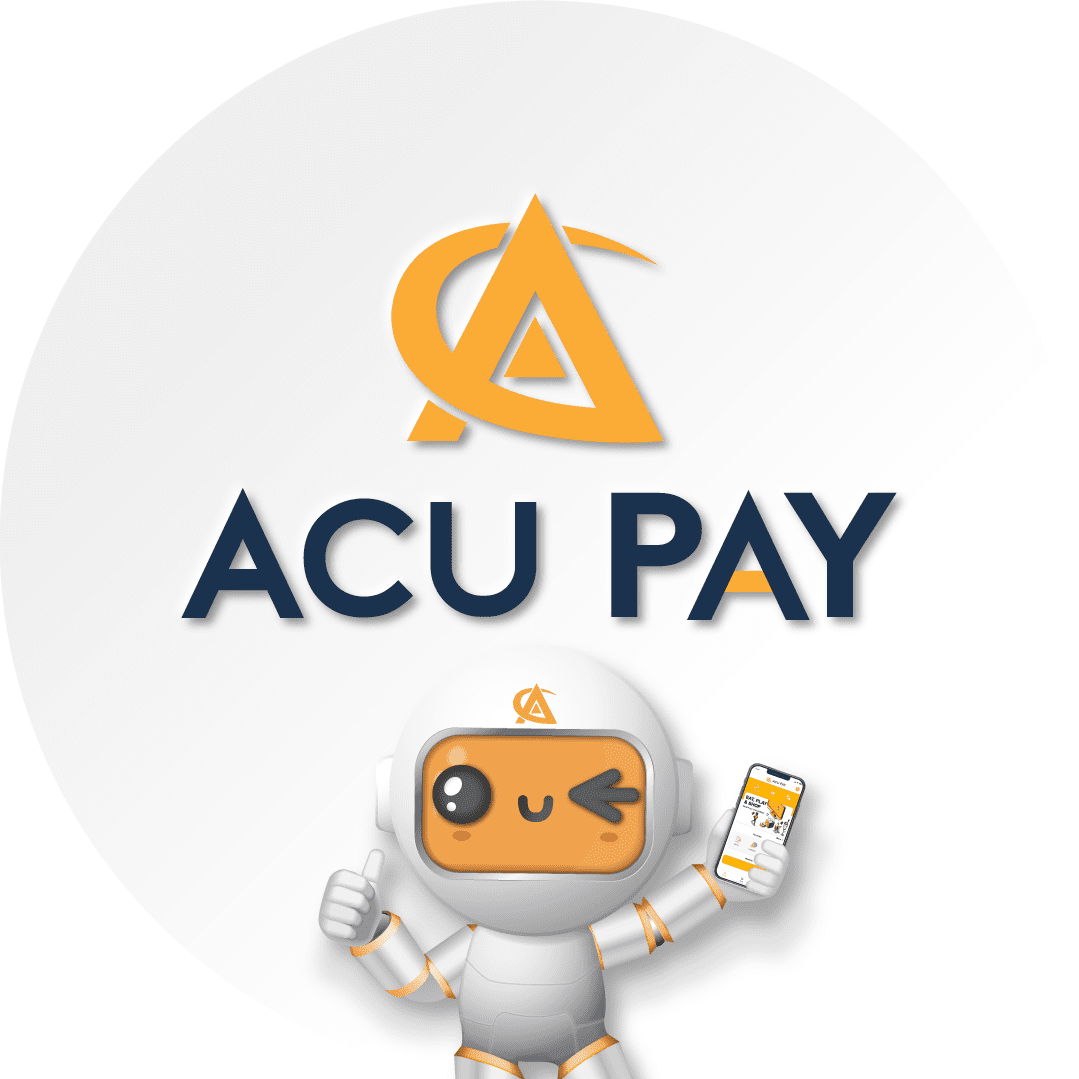

Do not prejudge that small children will not understand the value of money. The parents can introduce their kids to and have fun with financial things, starting from getting to know and specifying the names of coins and banknotes. This is also a good opportunity to teach children at this age how to save through the piggy bank.
In addition, Dorothy Singer, a senior research scientist at Yale University, USA, stated that kids of 2 – 3 years old would love to do role plays, especially the role of sellers and buyers, and set the price by themselves. Parents can enhance their imagination and build financial understanding by selling things such as role-playing as cashiers.
When kids are in primary school, they will learn about spending. Parents should teach them to prioritize what is necessary and what is not or to differentiate and compare the prices of the items in the same categories to know which is cheaper and which is more expensive.
Furthermore, parents may teach their children to do an income-expense record to save money based on their goals. For example, if they would like to buy a toy, they have to save up money by not buying snacks so that they can use the saved money to buy the toy they want. This will teach them how to manage their money and know whether the things they want are necessary or not.
When kids become teenagers, parents should teach them about the limited budget. Teach them how to be responsible for money and plan for income expenses. They should learn about bank accounts, ATM cards, and Credit and Debit cards. Parents should tell their children how to spend their money appropriately and safely for future usage, including the preliminary investment.
Parents should let their children know about the expense burdens of the family and the family status so that they can absorb and realize the real status of their family to be more careful in using money, as well as the importance of reserved money for emergencies.
Once the kids are about to go to the university, parents may let them fully take care of the account for study and teach them how to take out loans and use credit cards. Although they cannot apply for a loan, at this age, they will desire much more expensive things. To know in the future if they will do this, they need to know how to pay interest and calculate interest. In addition, if the debt is not repaid in due time, a penalty or default interest will be incurred. Furthermore, if they start earning from their extra work, they could be taught how to pay additional taxes.
In addition, “investment” is another option that modern children often pay attention to such as mutual funds, and interest savings. Parents should give close advice on potential risks.
Remember, children are like sponges that absorb what they learn from their parents, so parents should set a good financial example for their children and teach them how to save money and spend it with financial immunity to keep their financial status healthy in the future.

ให้ทุกเรื่องการเงินเป็นเรื่องง่าย เริ่มต้นวันดีๆ ไปกับเรา MAKE A GREAT DAY WITH ACU PAY